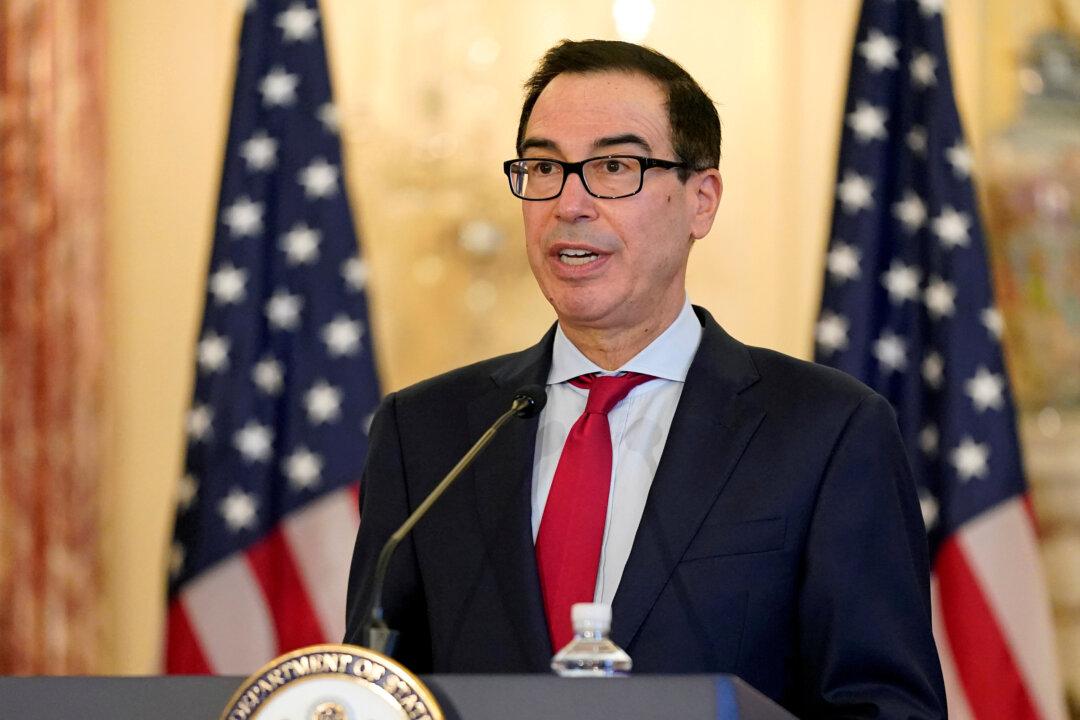WASHINGTON—A conflict within the Trump administration has come to light over how to implement the president’s new executive order, which protects U.S. investors from “malign” Chinese companies.
The Financial Times reported on Dec. 17 that the Treasury Department has attempted to “water down” the executive order, which bans investment in companies with ties to China’s People’s Liberation Army (PLA). The Pentagon and the State Department, according to the report, have furiously opposed Treasury Secretary Steven Mnuchin’s effort to soften the ban.





